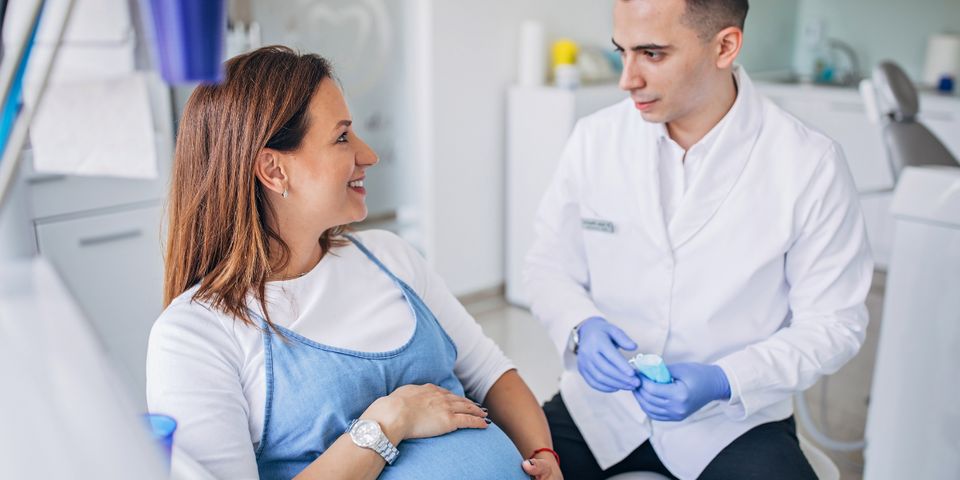
If you are pregnant and suffering from tooth pain, and you're considering a root canal as a possible solution, you're not alone. This safe, effective procedure is often the best way to relieve specific kinds of dental pain. Before undergoing the procedure, however, you may want to understand what a root canal is and resolve any concerns about the process. Here is what you need to know.
What Is a Root Canal?
A root canal is used to save a tooth that has been badly damaged or infected. It is usually performed by a dentist, but sometimes an endodontist—a specialist who treats diseases of the teeth and their supporting structures—is involved.
The first step is to take an X-ray to determine the extent of the damage or infection. Then, local anesthesia is used to numb the area. Next, a small hole is made in the tooth so that the affected tissue can be removed. The tooth is then cleaned and disinfected, and a temporary filling is placed in the hole. Finally, a permanent filling or crown will be placed.

There are a few symptoms that may indicate you need the procedure. These include severe tooth pain that is not alleviated by pain medication, sensitivity to hot and cold temperatures, tooth discoloration, gum swelling, and tenderness. Root canals are often necessary when the nerve of the tooth becomes exposed, which can happen due to decay, injury, or gum disease.
The procedure is usually performed over the course of one or two appointments, depending on the severity of your condition. It's a safe procedure with a low risk of complications and minimal pain and discomfort.
Common Concerns if You Are Pregnant
There are a few concerns pregnant women might have about root canals, but thankfully, the risks are minimal. For example, you may be worried about exposure to X-rays. Modern dental X-ray machines use low doses of radiation, and extra layers of protective lead garments are used to further shield you during the process to minimize your exposure.
Some expectant mothers also worry about using local anesthesia during pregnancy. Thankfully, local anesthesia is safe for both mother and baby, and to further ease your mind, your dentist may use a minimal amount upon request.
Finally, some women worry about the possibility of infection after a root canal. However, this is rare, and your dentist will take precautions to reduce the risk, including using sterile instruments and materials.
Overall, root canals can relieve pain and can be performed safely on pregnant women with minimal risk to mother and baby.
The dental care team at Grassi & Grassi of Rochester, NY, is committed to keeping patients relaxed through every procedure, including root canals. Making patients feel comfortable for over 40 years, this endodontic practice specializes in dental trauma and tooth repair. Learn more about their endodontic treatments on their website or call (585) 424-1111 to schedule an exam. Connect on Facebook for more dental care tips.
About the Business
(3 reviews)
Have a question? Ask the experts!
Send your question

